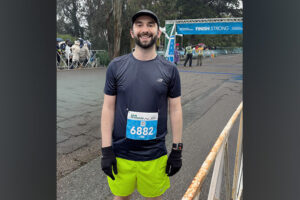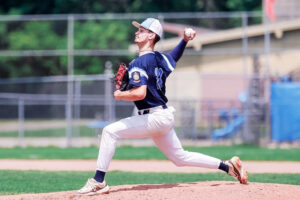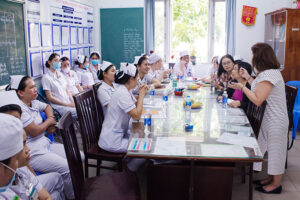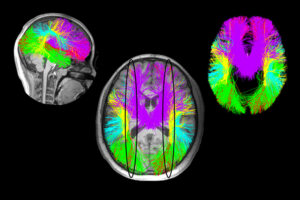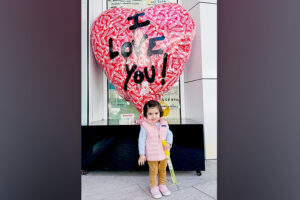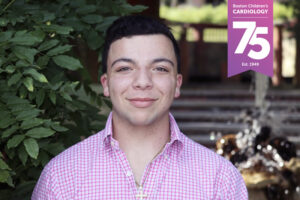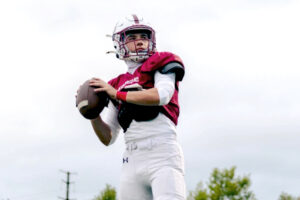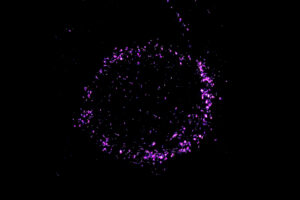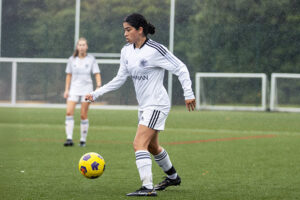Knowing what life is worth: I am an adult heart patient and much more
Most of the children showed off a favorite toy. Some brought items that were meaningful to their family or culture. When I got to the front of my kindergarten class, my hands were empty. “My show-and-tell is…me,” I exclaimed as I pulled up my shirt and bared my chest to an audience of shocked five-year-olds ... Read More about Knowing what life is worth: I am an adult heart patient and much more
“A setback for a comeback”: Brody perseveres with Paget-Schroetter Syndrome
Baseball has been part of Brody Walsh’s story from the very start. Now 19 and a college sophomore, Brody pitches for the Thomas College Terriers baseball team. But his path to this point has not been easy, to say the least: Just two years ago, a serious medical condition threatened his pitching career. Faced with ... Read More about “A setback for a comeback”: Brody perseveres with Paget-Schroetter Syndrome
Five things to know before getting an online second opinion for your child
Whether you want to confirm your child’s diagnosis or treatment plan, another set of expert eyes can give you confidence that they’re receiving the best care. At Boston Children’s Hospital, the process is simple: Although in-person second opinions are also an option, you can request an online second opinion from the comfort of your home ... Read More about Five things to know before getting an online second opinion for your child
“Observe. Be open.”: How Boston Children’s nurses are changing the future of global health
Ashley Birch, MSN, CPNP, a Boston Children’s pediatric nurse practitioner and Global Nursing fellow, didn’t expect a trash bag to become a critical tool in her global health toolkit. In a hospital in Uganda, caring for a baby with spina bifida, Ashley improvised and created a protective covering over a wound using what she thought ... Read More about “Observe. Be open.”: How Boston Children’s nurses are changing the future of global health
Unveiling the hidden impact of moyamoya disease: Brain injury without symptoms
Moyamoya disease — a rare, progressive condition that narrows the brain’s blood vessels — leads to an increased risk of stroke and other neurological conditions. Doctors treating children with moyamoya often face difficult decisions about treatment, notably deciding whether to perform revascularization, a surgery to bypass the narrowed blood vessels and restore blood flow. A ... Read More about Unveiling the hidden impact of moyamoya disease: Brain injury without symptoms
Tough cookie: Steroid therapy helps Alessandra thrive with Diamond-Blackfan anemia
Two-year-old Alessandra is many things. She’s sweet, happy, curious, and, according to her parents, Ralph and Irma, a budding food critic. “She’s a food snob!” Ralph says, laughing. “She recognizes the expensive pasta, the homemade versus store-bought food.” But above all, Alessandra is resilient, and her parents have known that from the very start: At ... Read More about Tough cookie: Steroid therapy helps Alessandra thrive with Diamond-Blackfan anemia
The exciting life of Jack, the first successful fetal cardiac intervention patient
Jack Miller sometimes reaches out to his cardiologist, Dr. Wayne Tworetzky, with updates on his life. Recently, their conversations centered around Jack pushing himself while training to be a police officer. The physical endurance Jack needed for training was another example of how the fetal cardiac intervention that Dr. Tworetzky and the specialists of the Fetal Cardiology Program performed on ... Read More about The exciting life of Jack, the first successful fetal cardiac intervention patient
Mark’s winning pass with cochlear implants
Mark Bradshaw wanted to break out of his parents’ protective shell — as many teens do when they start pushing for more independence. Mark’s parents, however, hesitated. The issue? Mark, who is 15 and has had cochlear implants since early childhood, wanted to play tackle football. Access to sound and language Mark was diagnosed with ... Read More about Mark’s winning pass with cochlear implants
A new druggable cancer target: RNA-binding proteins on the cell surface
In 2021, research led by Ryan Flynn, MD, PhD, and his mentor, Nobel laureate Carolyn Bertozzi, PhD, opened a new chapter in biology, characterizing a new kind of player on the cell surface: glycoRNAs. Extending this discovery recently in Cell, Flynn and colleagues showed that glycoRNAs form highly organized clusters with RNA-binding proteins on the ... Read More about A new druggable cancer target: RNA-binding proteins on the cell surface
Jackie’s dreams of playing professional soccer back on track after ACL surgery
From her dorm in Newcastle, England, Jackie Zapata can hear fans roaring in the soccer stadium a few blocks away. Soccer is a major pastime in her adopted home. “The city gets amped up anytime there’s a game,” she says. “It’s a huge part of the culture here.” This enthusiasm makes Newcastle a good place ... Read More about Jackie’s dreams of playing professional soccer back on track after ACL surgery


